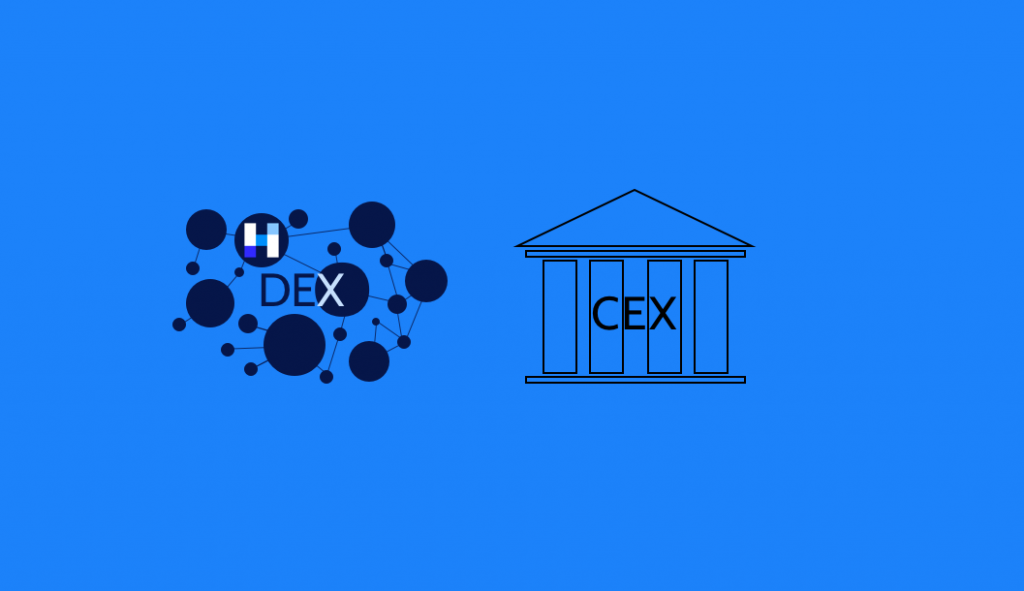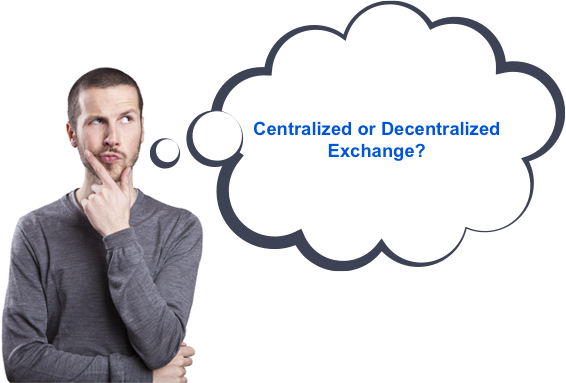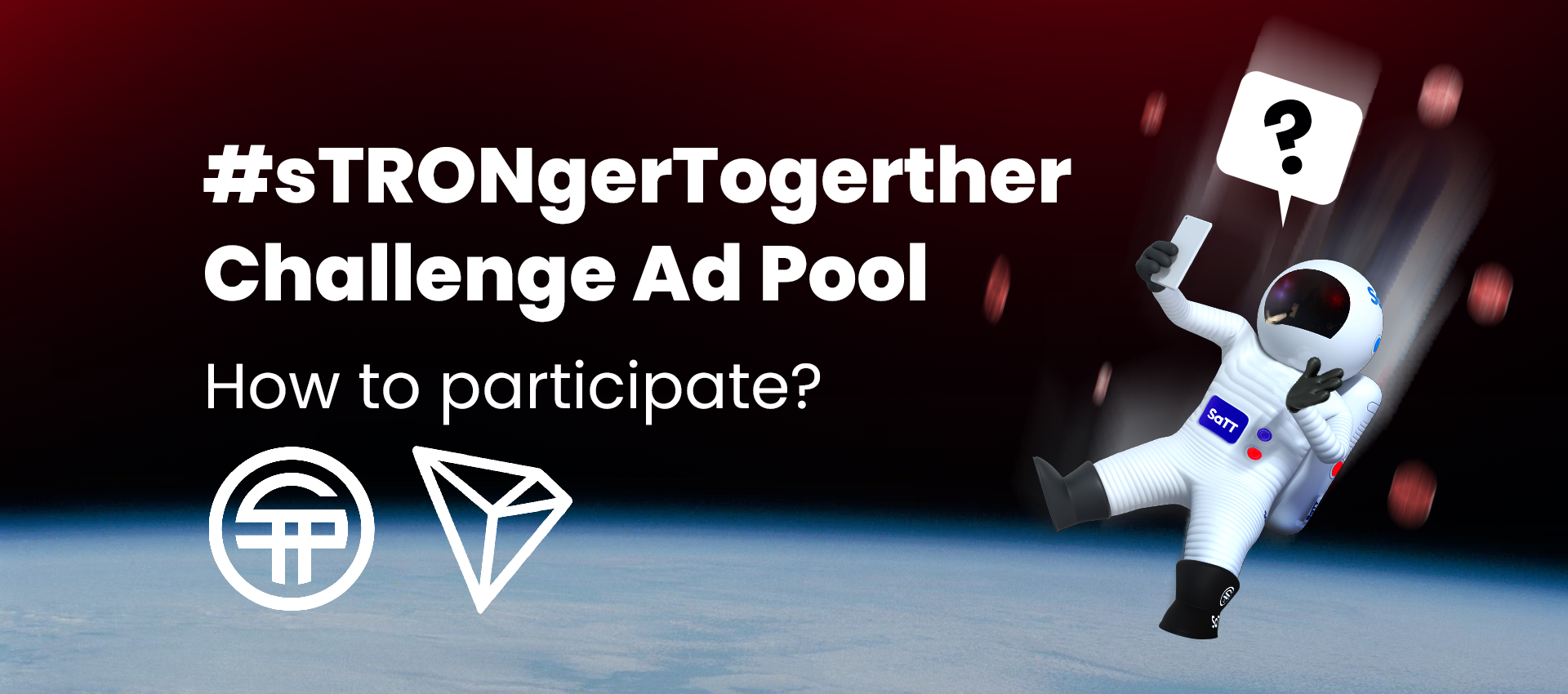
Will 2020 be the year of decentralized crypto exchange?
Exchanges are a very crucial part of cryptocurrency, they are websites or platforms in which a cryptocurrency user can buy, sell, or exchange their cryptocurrency to other digital currencies or even traditional or fiat currencies like the US dollars. The two most popular types of exchanges are Centralized Exchanges and Decentralized Exchanges.
Table of Contents
Centralized Exchange
Centralized Exchanges are just like Stock Exchanges where transactions are being monitored and controlled by the owner of the exchange and is only executed by using mechanisms that have been provided and approved by the central body. Funds deposited on the centralized exchange automatically becomes the responsibility of the owner of the exchange as users are not provided with any private key to their account.
Decentralized Exchange
Decentralized Exchanges, on the other hand, are exchanges that use the blockchain and do not depend on intermediaries. Although its server is controlled and centralized, the exchange itself isn’t. Funds sent to the decentralized exchange is controlled by the exchange itself and not the owner of the exchange and the exchange depends on a digital signature to directly authorize trade deals and orders.
Although both exchanges are being used according to the preference of the trader, there are reasons to believe that the year 2020 will see users and traders use the decentralized exchange more as it tends to offer more to traders. This, of course, will be a very big feat because centralized exchanges make up for about 99% of all cryptocurrency transactions.

Benefits of decentralized exchange
- They satisfy the basic reason for using a decentralized currency/asset because it really does not make much of a sense to use a decentralized currency or asset in a centralized environment that is prone to any type of attack at any time. Centralization of exchanges basically goes against the concept of using cryptocurrencies in the first place.
- They help speed up crypto adoption and will allow cryptocurrencies to thrive.
- They are against the censorship or control of national governments or any group of companies.
- They give total control to crypto users over their assets.
- They honour the privacy of their users and avoid the need for doing KYCs, registrations, etc.
- They do not have downtimes because they are hosted in a distributed manner.
- They provide seamless liquidity for many cryptos/tokens that are not able to list themselves after ICOs on centralized exchanges because of several rules/regulations set forth by these exchanges.
Disadvantages of decentralized exchange
- Users have not truly formed the habit of using decentralized services. They prefer centralized services more due to the convenience, and in that process, they give up many things like privacy, freedom, etc.
- They are not so user-friendly for the time being.
- They have liquidity problems caused due to lack of volume they are presently getting.
- They lack advanced trading functions such as margin trading, margin lending, stop losses, bot trading, etc.
- Most decentralized exchanges are now in their beta testing stage, and users stand the risk of losing their funds because of insufficient testing.
- There is no central authority or support system, so it’s hard to get your problems resolved.
So, Centralized or Decentralized?
Although just like everything else, the decentralized exchange has its own disadvantages with the most popular being that it uses basic tools compared to centralized exchange’s advanced features, the decentralized exchange promotes the core idea behind cryptocurrency while also offering features that will help cryptocurrency to survive and thrive.

Then, it is also worth noting that the case with centralized exchanges being inaccessible due to downtime is a big turn off for professional traders that regularly follow their trades. This problem will not be experienced with decentralized exchanges as they operate through a distributed node which means that traders can follow and monitor their trades at all time and can avoid registering losses caused due to system downtime.
Governments of about three countries namely, China, South Korea and Russia have banned centralized cryptocurrency exchanges in recent years and this is not a piece of very good news and is reason enough for every trader to be worried about using centralized exchanges. With decentralized exchanges, traders will not face such a problem as the exchange is not controlled by a centralized body so it is safe from the intervention of the government and it is also hosted on a distributed network worldwide.
Finally, the increased cases of centralized exchanges folding up, being attacked by hackers, continuous theft, or just running away with traders and investors’ money is also a major concern as a lot of traders have lost money because of this. Decentralized exchanges will curb this problem as every user of a decentralized exchange has total control over their funds. In the near future, and probably in 2020, we sincerely believe that decentralized exchanges will account for a larger part of the trading volume, and that they will very quickly solve the issues mentioned above.
By the way, do you know SaTT already opened a Decentralized exchange? Check it here




